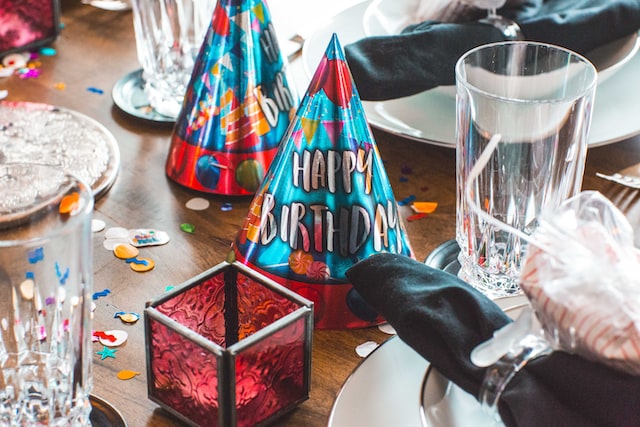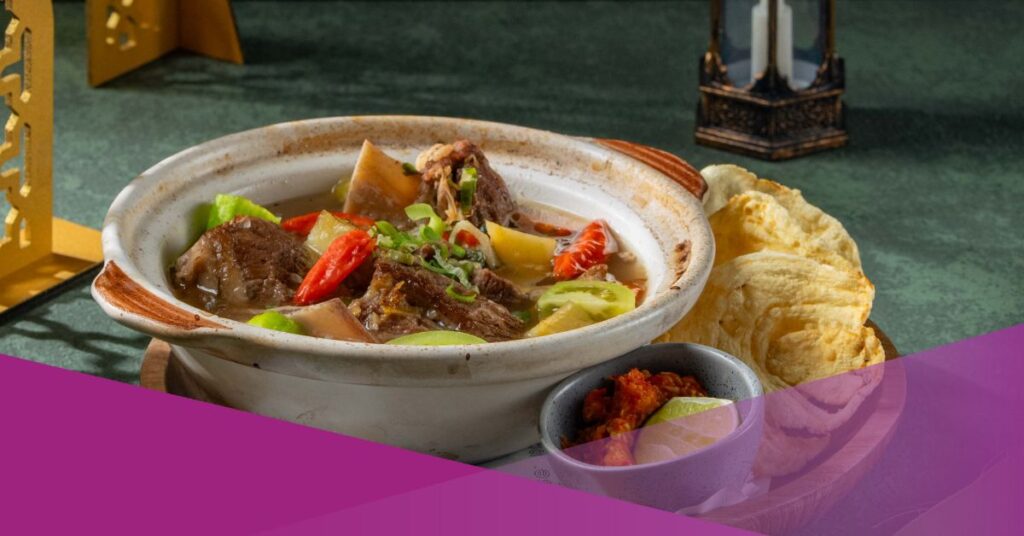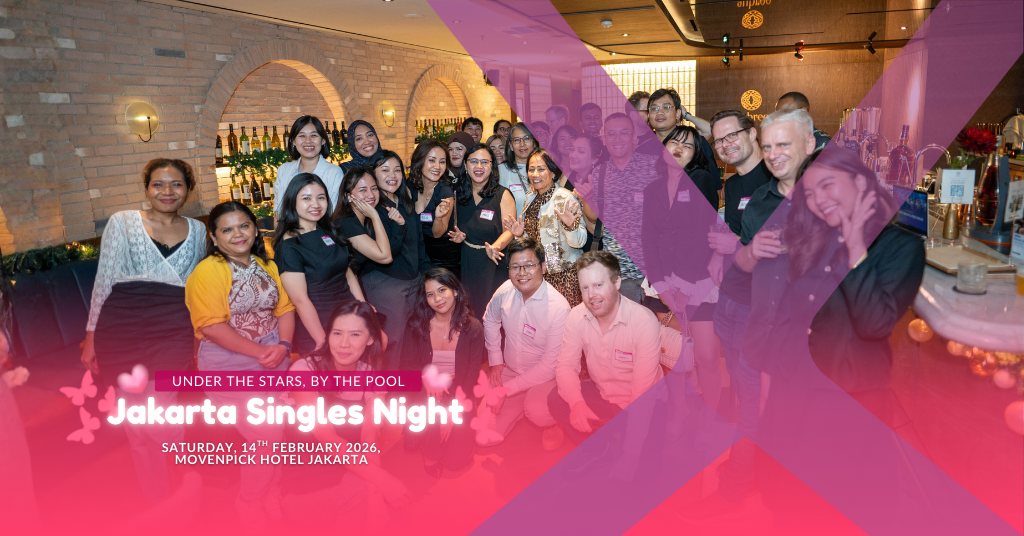Birthday celebrations are universal events, yet how they are conducted can vary widely from one culture to another. In Indonesia, birthdays are often marked with festive rituals that may come as a culture shock to many foreigners.
Whether you are travelling in Bali, working in Jakarta, or simply living among locals, you might encounter surprising customs, phrases, and celebrations around someone’s happy birthday event.
If you’re new to the country, don’t be surprised if you’re suddenly doused in flour or have cake smeared on your face it’s all part of the fun in an Indonesian birthday celebration. Let’s explore some unique traditions, songs, and social habits that shape birthdays in Indonesia and how they differ from celebrations in other countries.
Festive and Communal: The Heart of an Indonesian Birthday
In Indonesian culture, birthdays are more than a private affair. They are communal events. While in Western cultures, a birthday may be celebrated quietly with family or friends, in Indonesia, it is common to share the moment with colleagues, neighbours, or even restaurant staff.
It’s not unusual to be surprised in public. Many foreigners have found themselves the centre of attention during dinner when waiters suddenly appear with a cake and sing the happy birthday song, “Selamat Ulang Tahun.”
In one viral video, a foreigner dining alone was stunned when restaurant staff appeared with a cake, clapping and cheering in unison. His face turned red from embarrassment overwhelmed by the gesture from strangers.
This emotional moment captured the essence of Indonesian hospitality: warm, collective, and heartfelt, even towards guests or expats.
Pranks, Flour and Laughter: A Cultural Surprise
One of the most distinct Indonesian birthday traditions is the playful pranking of the birthday person. This might involve being thrown with flour, eggs, or soft drinks. A spectacle that is not meant to humiliate, but to express affection and closeness among friends.
Despite how messy it gets, there is a strong cultural value behind the act. These pranks are followed by shared laughter and a meal, reinforcing bonds and reflecting Indonesia’s communal spirit.
Foreigners unaccustomed to such playful chaos may initially find it jarring. But many eventually embrace it, recognising the symbolic warmth behind the practice.
Treating Others on Your Birthday: A Unique Indonesian Custom
Another aspect that might surprise many foreigners is the expectation to treat others on your birthday. While in many cultures the birthday person is the one receiving gifts or meals, in Indonesia, it is common for the birthday celebrant to buy food or drinks for their friends.
Devie Rahmawati, a social observer from the University of Indonesia, explains that this special practice reflects the communal culture of Indonesia. “Gratitude is not only shared with oneself or close family, but also extended to the wider social circle,” she stated.
The practice highlights a social value that treats gratitude as something to be distributed, rather than kept privately.
How to Say Happy Birthday with Food
Whether it’s nasi tumpeng (a cone-shaped rice dish) or a Western-style cake, food plays a central role in Indonesian birthdays. Once the cake is brought out, people often sing a series of birthday songs: “Selamat Ulang Tahun” (Happy Birthday), followed by “Tiup Lilinnya” (Blow Out the Candles) and “Potong Kuenya” (Cut the Cake).
In Chinese-Indonesian households, eating noodles on your birthday symbolises longevity, as the long noodles represent a long life. The phrase “Selamat Ulang Tahun” is often followed by well-wishes for health, happiness, and prosperity, reflecting cultural values around age and family.
Even when someone cannot afford a large party or feast, they may still send nasi uduk, snacks, or cake slices to neighbours or colleagues as a symbol of sharing and thankfulness.
Social Expectations
In Indonesian society, birthdays also carry an expectation of social inclusion. As quoted from DetikEdu, according to Social observer from University of Indonesia, Devie Rahmawati, failing to invite peers to your birthday celebration or not treating friends may lead to discomfort or even social exclusion.
“In the extreme, this can also lead to ostracism,” Devie warned, underlining how central communal acts are to Indonesians social identity. The idea is not only to celebrate, but to reaffirm one’s place within the social circle, whether at work, school, or among neighbours.
A Memorable Holiday Moment
If you’re an expat living in Indonesia, don’t be surprised if a simple dinner turns into a birthday wish event, complete with a cake, Indonesian birthday song, and perhaps some cheeky flour-throwing. These spontaneous acts of celebration are expressions of care, not just for loved ones, but even for those temporarily part of the community.
It’s these seemingly small but deeply symbolic gestures that make birthdays in Indonesia not just a personal event, but a cultural holiday of sorts. One where the spirit of sharing, joy, and togetherness is unmistakably Indonesian.


































